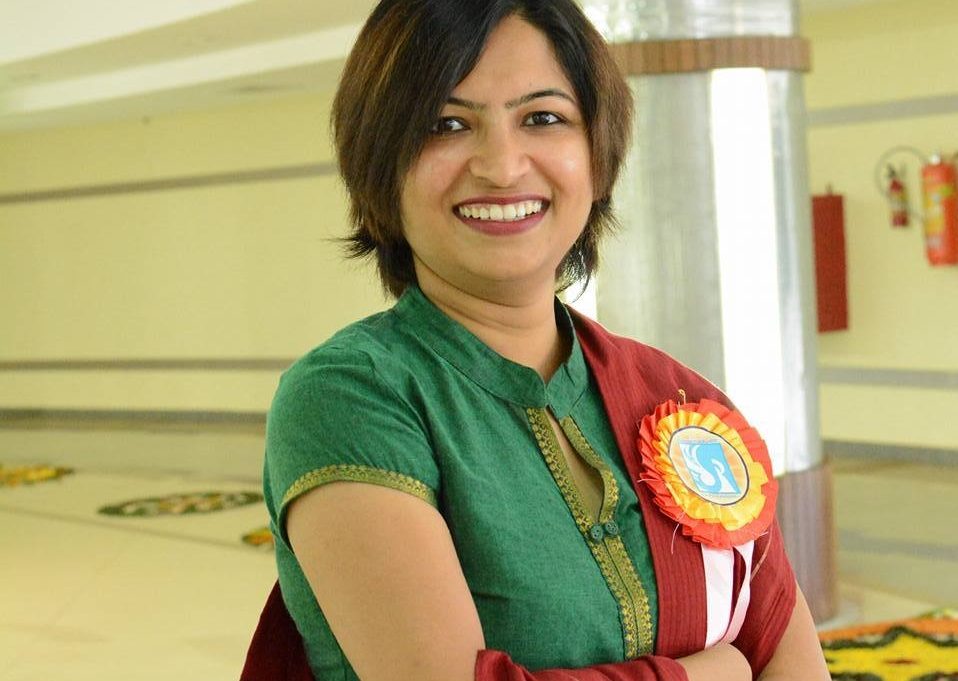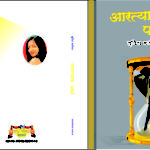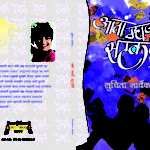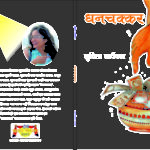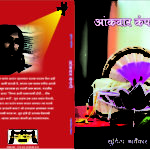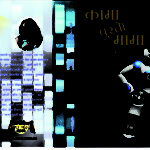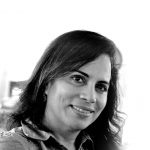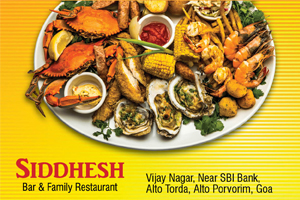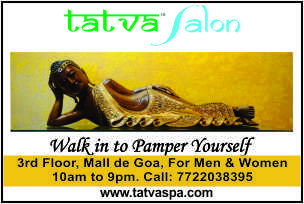RAHUL KAMAT
Suchita Narvekar from Gaune, Ponda tells us about her journey from RJ to Writer
Q. Why have you written books in Konkani only?
I personally believe one should write in a language you can express yourself well. Konkani being my mother tongue I can express my ideas well in Konkani and so the choice. In any other language I would have to hunt for words, which would precisely describe my feelings. I am not against writing in other languages, in fact I am thinking of translating some of my books to Marathi.
Q. How was the response to Shortcut?
Shortcut was my first drama. I wrote the book just as a hobby, but when I gave it to Kala Chetana Sansta for their opinion, they recommended that it can be brought on stage, and to my surprise, it received good response from the audience. Shortcut was a success with more than 100 shows. The success of shortcut inspired me to write, it gave me the much needed confidence.
Q. Why are you launching all six books together?
I have written these books, one every year, but I didn’t get enough time to get them published and so the books kept piling on. Getting a book published is a tedious process. When on stage, there is a director and there are actors who improvise on the existing flaws in a script, whereas a book needs to be perfect in proper language without any mistakes. Just to get these six books published took us around two years.
Q. What do you think needs to be done to promote Konkani literature?
Thanks to Konkani Bhasha Mandal which is working very hard to get good literature, especially for children, this is a very good step. If we cultivate the reading habit at the very start at a young age, it will help the language in the long run. There is still scope to attract the youth who are turning towards English.
Q. What has been the inspiration behind your writing?
I was always interested in acting as a child and had attended many workshops. Later on when I got associated with ‘Sunaparant,’ I learnt to write in a good and easy language which could be understood by the masses. Also my stint with Radio Mirchi was a big addition, where I learnt to reach out to people and express myself in least possible words. I had all these experiences behind me and I had a good connect with the audience, so it helped with writing in a language and to come up with topics which would appeal to them.
Q. How has been your journey from RJ to writer?
I worked with Radio Mirchi for almost 10 years. Every day was a new learning experience. One should be a self critic to evolve and thrive to be better. Once you fall in love with yourself, your development is finished. My love for writing began ever since I started writing short scripts for radio. I sacrificed my acting while working for radio but that helped me to evolve as a writer. I wish to give the credit to Radio Mirchi to develop the writing skills in me.
Q. What is the existing scenario for readers in Goa?
I personally believe more books for children should be released, as children start reading comics etc in Konkani, the reading habit will start from there. Competitions to write Konkani essays should be prioritised in schools, newspapers etc.
Q. What are your views on the medium of instruction?
Primary education should be in the mother tongue. Even the UNESCO is saying this. I was educated in English at the primary level but the atmosphere at home was very much Konkani. When I grew up, neither I was perfect in Konkani nor in English. In the last fifteen years I came very close to my mother tongue and started learning it religiously. I didn’t know so many words in Konkani and it took me a while to learn these. We as a group did plays across Goa to educate the parents on the MOI issue which inspired many to shift their children to local language.
Q. Tell us about your upcoming books?
A writer has to live the character to write effectively. Once I was sitting with my friends and casually talking about how easy life would be if there was a shortcut to everything. The thought process started there and culminated into the book ‘Shortcut.’ ‘Ankvar Company’ is a book on a special child who needs to be given proper care and attention to live like everybody else. My third book ‘Pappa Eke Pappa’ is about a dominating father and how his behavior affects the family members. ‘Kama Purto Mama’ is about today’s world which is high tech with computers and smartphones where people are available in virtual world but not available in person and relations are fading away. ‘Dhanchakkar’ is about excessive pampering of children and how it contributes to their bad behavior. ‘Artyak Parte’ is about a working husband and a housewife and what happens when the roles are interchanged. ‘Aata Majhi Satakali’ is a play which tells the plight of a boy who has just started working and who is carrying a financial burden as well as loans which he inherited from his demised father.
Q. What is your advice to young writers?
Technical knowledge is necessary. They have to attend workshops and also do a lot of reading and writing, necessary to polish your skills. No one can force you to be a writer but if you have the passion then follow it religiously. You have to start writing first and keep improvising. All I have to say is ”thousand miles begin with a single step”


